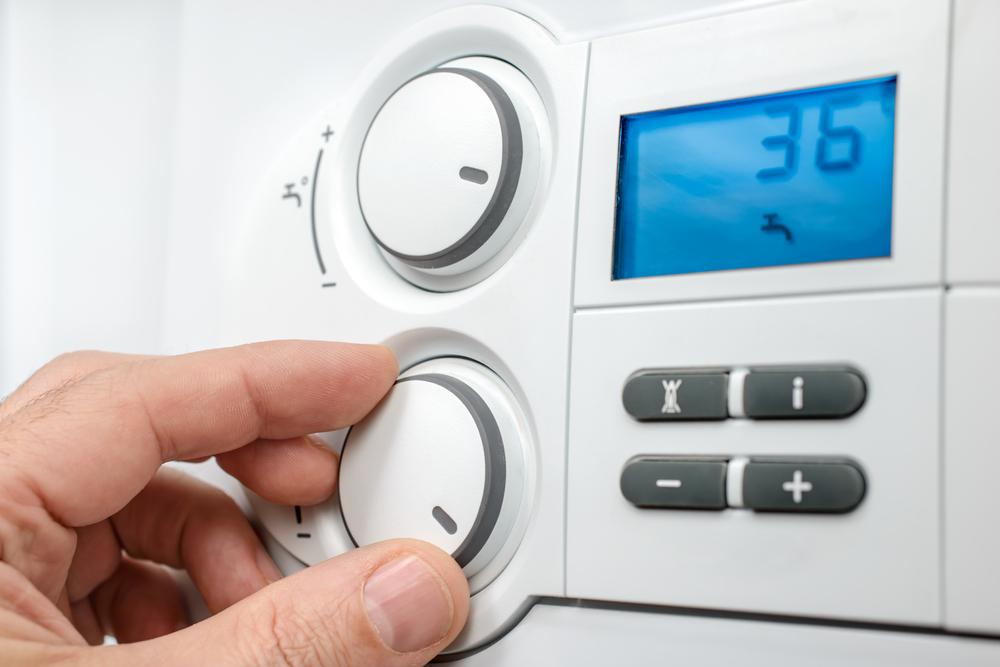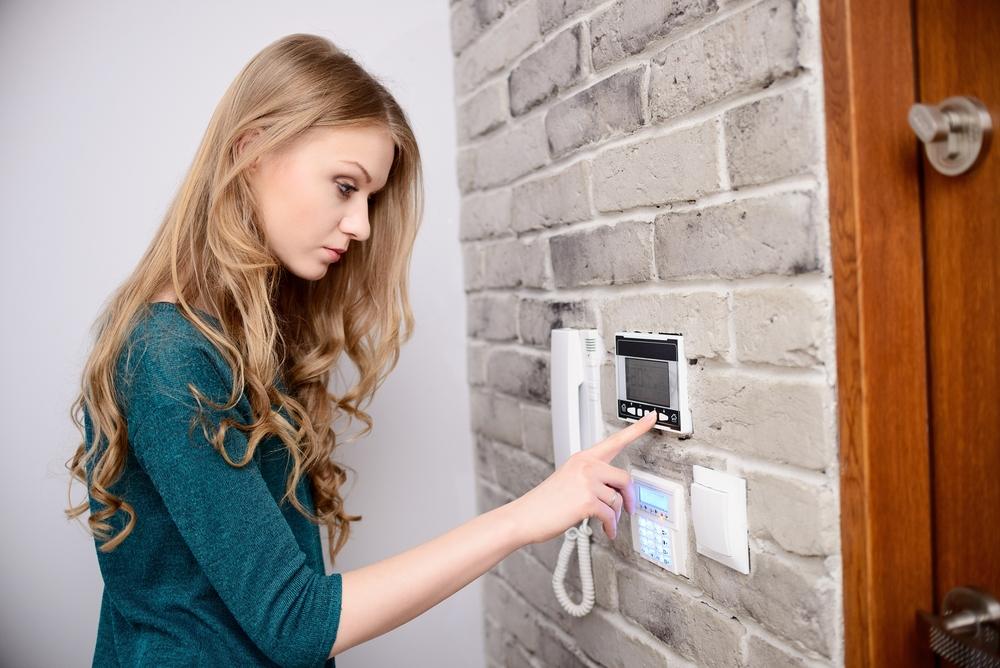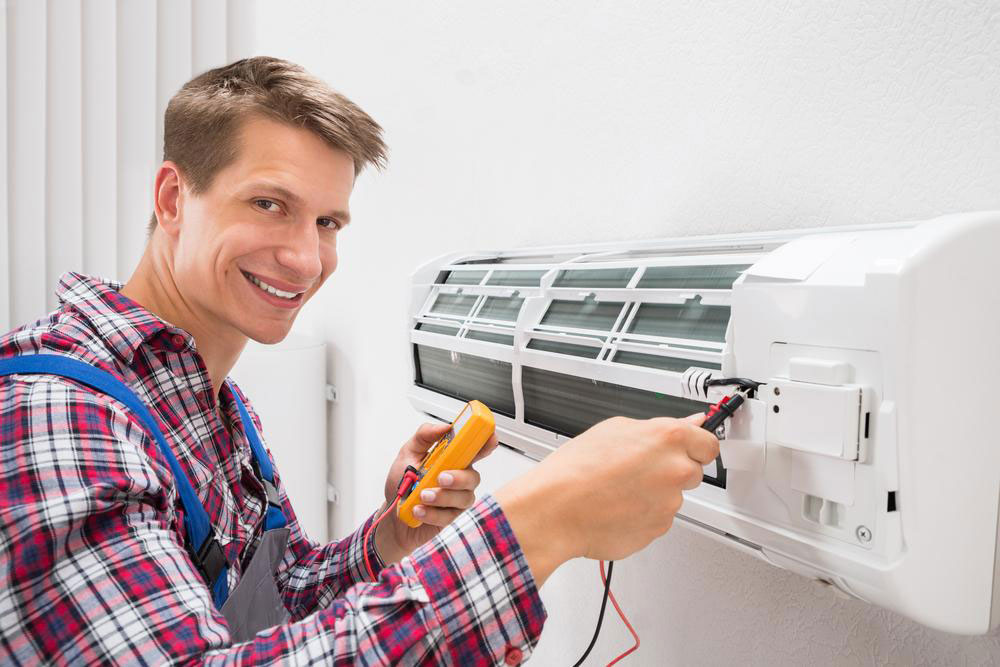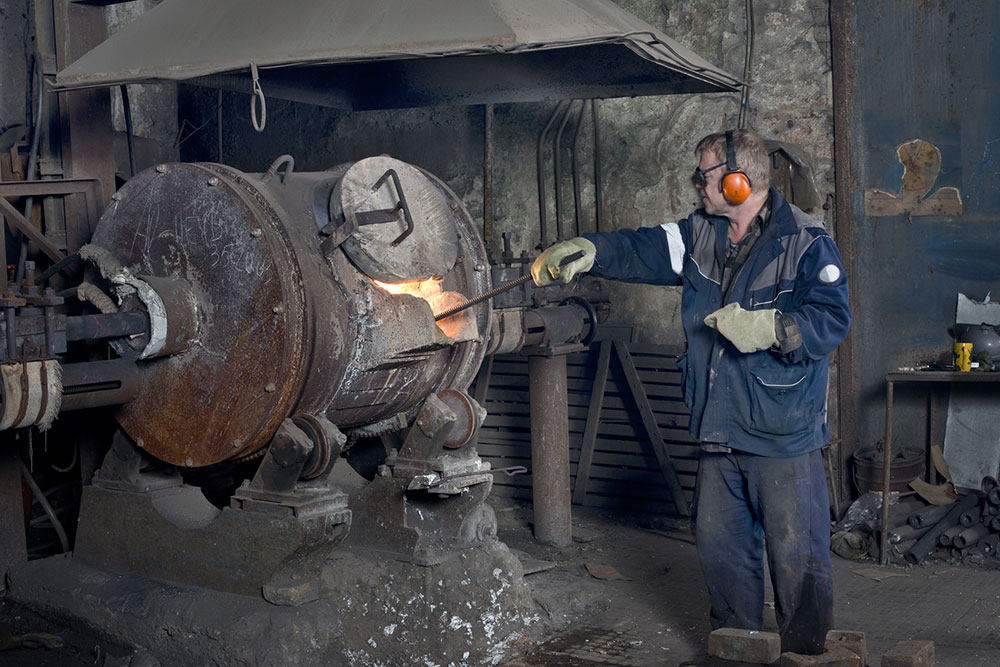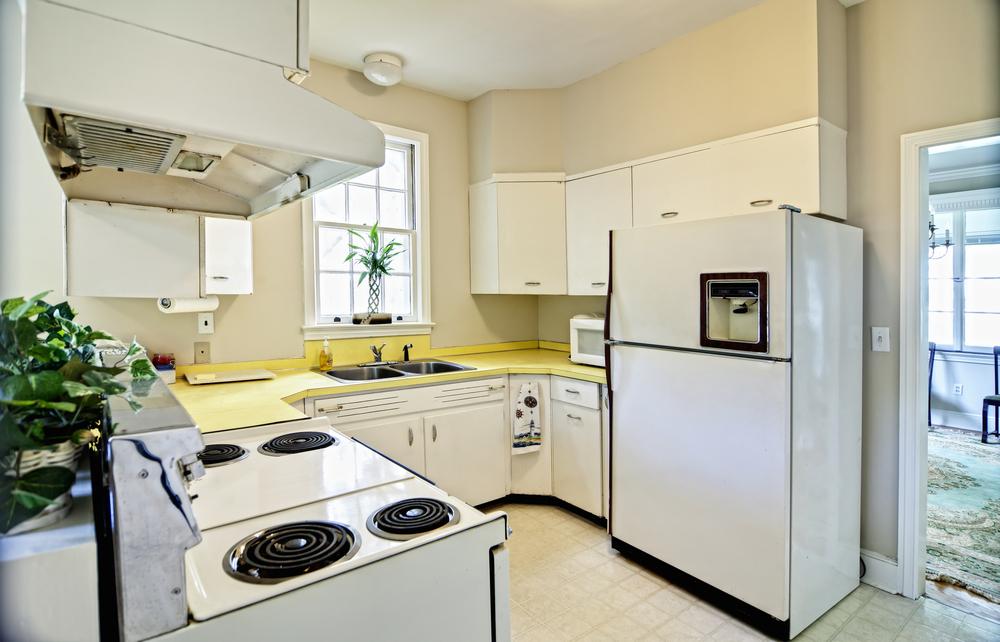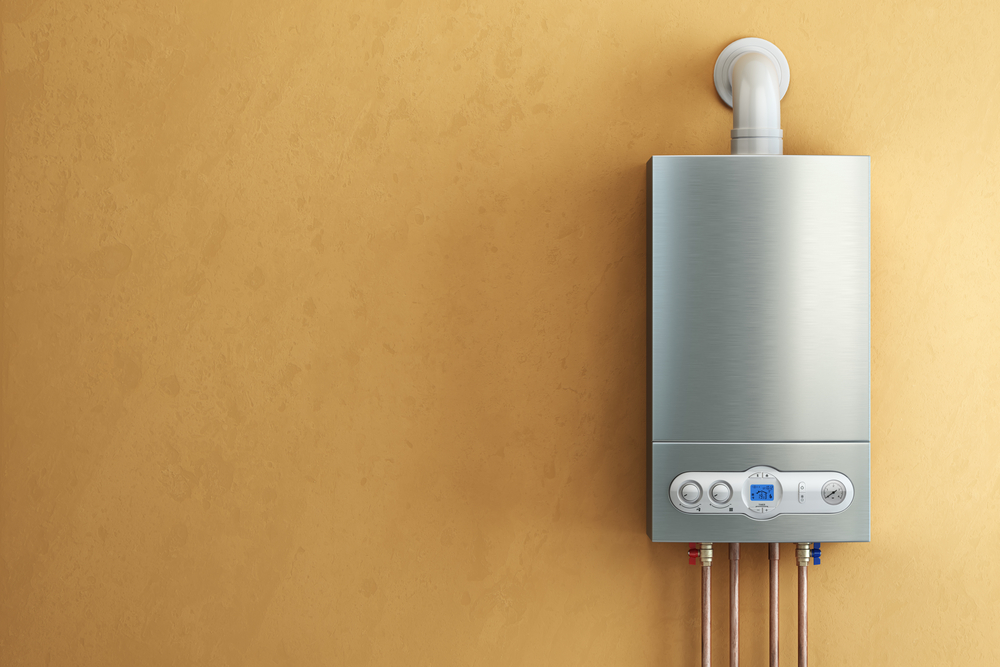Comprehensive Guide to Choosing the Best Home Heating System for Optimal Comfort and Efficiency
Discover in-depth insights on choosing the ideal home heating system, considering fuel options, efficiency ratings, costs, and system types. This comprehensive guide helps homeowners make informed decisions to enhance comfort and reduce energy bills while ensuring long-term savings and environmental benefits.
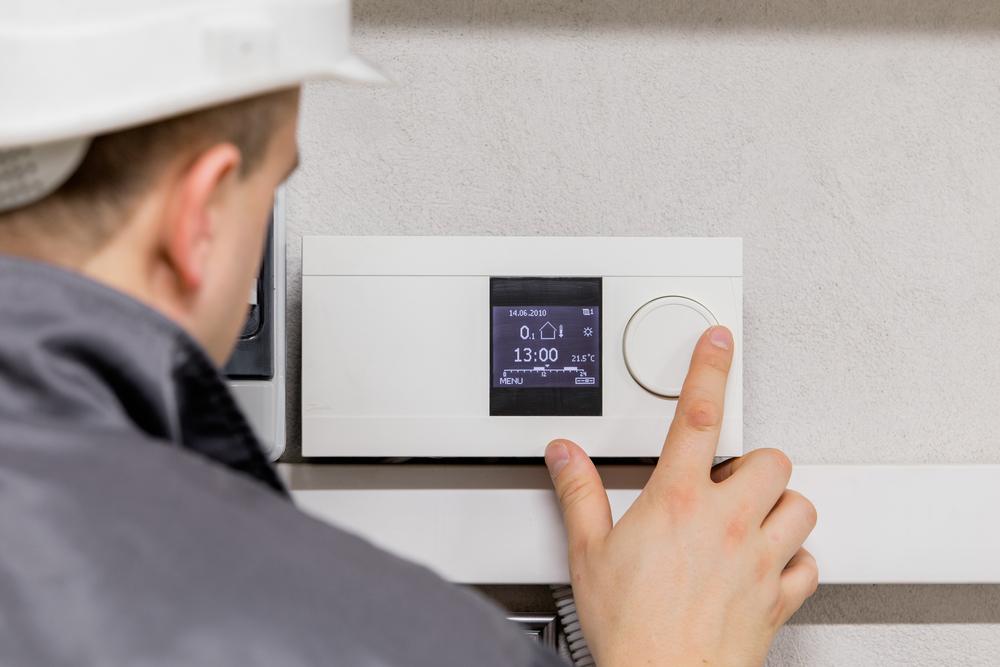
Finding the Perfect Heating Solution for Your Home: An In-Depth Guide
Heating your home is a vital aspect of ensuring comfort, especially during harsh winters. However, it also accounts for a considerable percentage of your household energy expenditure. According to recent studies, space heating can represent approximately 45% of the total energy costs in an average American household. Therefore, selecting the right heating system is crucial not just for comfort but also for saving money over time. An outdated or inefficient heating setup—especially one that's over 20 years old—can result in high maintenance costs, increased energy bills, and decreased reliability. Upgrading to a modern, energy-efficient system can significantly reduce your energy consumption, lower operating costs, and enhance your overall living environment.
When making a decision about which home heating system to install, several key factors must be considered to ensure you choose a solution that aligns with your budget, energy needs, and lifestyle. The goal is to find a balance between upfront costs, long-term savings, and comfort levels. This comprehensive guide will walk you through all the critical aspects to consider, from fuel types and efficiency to maintenance and user reviews, helping you make an informed decision that benefits your household for years to come.
Understanding the Major Factors in Selecting a Heating System
Fuel Type and Energy Sources
One of the most fundamental choices in selecting a home heating system involves understanding the types of fuel available in your area and determining which energy source is most suitable and economical for your home. Natural gas tends to be the most popular and cost-effective option in many regions due to its abundance and relatively low prices. If your property has access to a natural gas line, installing a gas furnace or boiler is typically highly efficient and inexpensive to operate. However, in areas where natural gas is unavailable, alternatives like propane or liquefied petroleum gas (LPG) may be viable options. These fuels are generally more expensive than natural gas but can be suitable in rural or remote locations. It's essential to verify which fuels are accessible in your region before making a purchase to avoid expensive modifications later.
Additionally, electric heating systems—such as heat pumps or electric furnaces—offer another viable option, especially in areas with higher electricity rates or where renewable energy sources are prevalent. Electric heat pumps, in particular, are gaining popularity because they can act as both heating and cooling systems, offering year-round climate control with high efficiency.
Efficiency and Energy Consumption
The efficiency of a heating system directly impacts your household’s energy bills and environmental footprint. Modern heating units boast varying levels of efficiency, with some systems achieving over 90% annual fuel utilization efficiency (AFUE). Higher AFUE ratings indicate that more of the fuel used is converted into heat for your home, translating into lower operational costs. Investing in high-efficiency systems may involve higher initial purchase prices but results in significant savings over the lifespan of the unit due to reduced energy consumption and fewer repairs.
It’s important to compare the efficiency ratings of different models carefully. Even small differences in annual energy use can accumulate to substantial savings over many years. A system with a high AFUE rating not only reduces your heating costs but also contributes to lowering your household's carbon footprint—an increasingly important consideration for environmentally conscious homeowners.
Cost Considerations and Budgeting
When evaluating various heating options, you should analyze both upfront installation costs and ongoing expenses. The initial purchase price includes the equipment cost, installation, and any necessary modifications to your existing infrastructure. Conversely, recurring costs involve maintenance, repairs, and fuel consumption. Energy Guide labels, provided by manufacturers and regulatory agencies, offer estimates of the average annual energy expenses associated with different systems, helping you compare long-term costs effectively.
Consulting with qualified heating professionals can provide tailored insights based on your specific property, local climate, and usage patterns. They can also inform you about common maintenance issues and typical costs involved in keeping your heating system operating efficiently. Remember, investing in a slightly more expensive but highly efficient unit can pay off over time through lower energy bills and fewer repair needs.
Various Types of Home Heating Systems & Their Pros & Cons
There is a wide array of home heating systems available today, each suited to different home layouts, budgets, and preferences. The most common types include forced air furnaces, hot water boilers, electric heat pumps, radiant heating systems, and wood or pellet stoves. Understanding the advantages and limitations of each helps you make a well-informed choice tailored to your specific needs.
Forced Air Furnaces: These systems use a blower to distribute heated air through ducts into various rooms. They are popular for their quick heating capabilities, ease of integration with air conditioning, and the availability of a variety of fuels, including natural gas and propane. However, they may circulate dust and allergens if not properly maintained.
Hot Water Boilers: Using hot water circulated through radiators or underfloor piping, boilers offer a comfortable and even heat. They are generally more energy-efficient than traditional forced-air systems and produce less airborne dust, making them suitable for allergy sufferers.
Electric Heat Pumps: These versatile systems can provide both heating and cooling, utilizing the principle of heat transfer rather than fuel combustion. Heat pumps are highly energy-efficient, especially in moderate climates, and their operation produces fewer emissions.
Radiant Heating Systems: Installed beneath floors or within walls, radiant systems evenly distribute heat and operate quietly. They are ideal for homes seeking consistent warmth and energy efficiency but involve higher installation costs.
Wood or Pellet Stoves: These are sustainable options that offer off-grid heating solutions. They are popular in rural areas but require manual operation and regular fuel procurement.
Employing the expertise of a professional contractor is essential when deciding which system to install. A qualified technician can evaluate your home’s layout, insulation, and local climate, and then recommend the most suitable option for your lifestyle and budget.
Extensive Research and User Feedback
Before finalizing your choice, spend time exploring online reviews, forums, and customer testimonials. Real-life experiences shared by other homeowners provide valuable insights into the reliability, performance, and maintenance requirements of various heating systems. Learning from these firsthand accounts can prevent costly mistakes and ensure you select a system that will meet your expectations for years to come.
In conclusion, choosing the right home heating system involves careful consideration of multiple factors—fuel type, efficiency, initial costs, and user feedback. By conducting thorough research and consulting with experienced professionals, you can upgrade to a system that enhances your home's comfort, lowers your energy bills, and reduces environmental impact, ultimately providing peace of mind and a warmer, more efficient living space.
